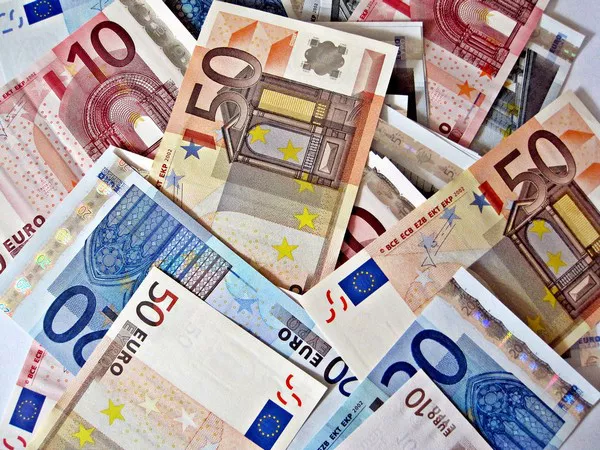The Euro, the official currency of the Eurozone, has been experiencing a decline in value in recent times, raising concerns among economists, policymakers, and investors alike. This article aims to delve into the various factors contributing to the weakening of the Euro and to shed light on the implications for the global economy.
Economic Indicators and Performance:
One of the primary reasons behind the Euro’s recent struggles is the sluggish economic performance within the Eurozone. Key economic indicators such as GDP growth, employment rates, and industrial production have shown signs of weakness. The Eurozone has been grappling with low inflation, subdued consumer spending, and an overall lack of economic dynamism. These factors have eroded confidence in the Euro, leading to a decrease in its value against other major currencies.
Political Uncertainty:
Political instability within the Eurozone has also played a significant role in the decline of the Euro. Ongoing issues such as Brexit, internal disagreements among member states, and the rise of populist movements in some countries have created an atmosphere of uncertainty. Investors are wary of the potential impact of these developments on the economic stability of the Eurozone, prompting them to divest from the Euro and seek safer investments elsewhere.
Monetary Policy Divergence:
Divergence in monetary policies among major central banks has contributed to the Euro’s depreciation. The European Central Bank (ECB) has maintained an accommodative monetary policy, including low interest rates and quantitative easing, to stimulate economic growth. In contrast, the U.S. Federal Reserve and some other central banks have signaled a shift towards a more hawkish stance, with discussions of tightening monetary policy. This has led to a relative decrease in the attractiveness of the Euro for investors seeking higher yields.
Trade Imbalances:
Persistent trade imbalances among Eurozone member countries have added pressure on the Euro. Countries like Germany, known for their strong export-oriented economies, have consistently maintained trade surpluses. While this has benefited individual nations, it has contributed to a broader trade imbalance within the Eurozone. The resulting disparities in economic performance and trade dynamics have fueled concerns about the sustainability of the Eurozone as an integrated economic bloc.
Global Economic Headwinds:
External factors, such as the global economic slowdown and geopolitical tensions, have also impacted the Euro’s value. Sluggish growth in major economies, trade disputes, and geopolitical uncertainties have created an environment of risk aversion. Investors tend to shift their funds towards safer assets, leading to a depreciation of riskier currencies like the Euro.
Impact of the COVID-19 Pandemic:
The COVID-19 pandemic has further exacerbated the challenges facing the Euro. The economic fallout from the pandemic has been severe, with lockdowns, supply chain disruptions, and decreased consumer spending affecting Eurozone economies. The massive fiscal stimulus measures undertaken by various countries, including the United States, have highlighted the disparity in policy responses, creating concerns about the Eurozone’s ability to recover at a similar pace.
See Also How Low Can The Euro Go? A Detailed Analysis
Inflationary Pressures:
Rising inflationary pressures within the Eurozone have also contributed to the Euro’s decline. While moderate inflation is generally seen as a sign of a healthy economy, an unexpected surge in inflation can erode purchasing power and create uncertainties. The Eurozone has witnessed an uptick in inflation, prompting concerns about the potential need for the ECB to tighten its monetary policy sooner than anticipated.
Conclusion:
The recent decline of the Euro is a complex interplay of economic, political, and global factors. The sluggish economic performance within the Eurozone, coupled with political uncertainties and divergent monetary policies, has created an environment that has led investors to reassess their positions in the Euro. Addressing these challenges will require coordinated efforts among Eurozone member states, sound economic policies, and a commitment to fostering stability and growth. As the global economy continues to evolve, understanding and addressing the root causes of the Euro’s decline will be crucial for restoring confidence in the currency and ensuring its resilience in the face of future challenges.


